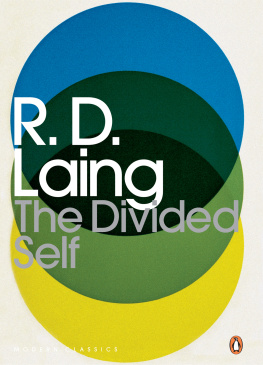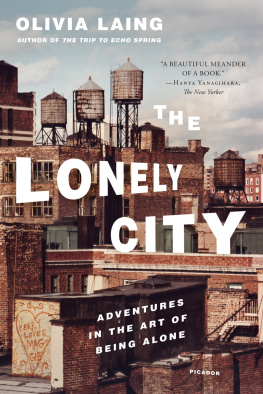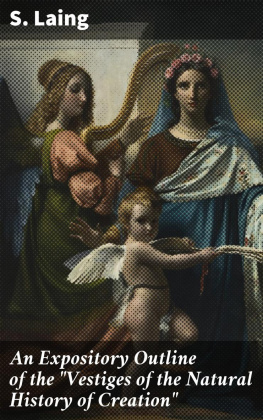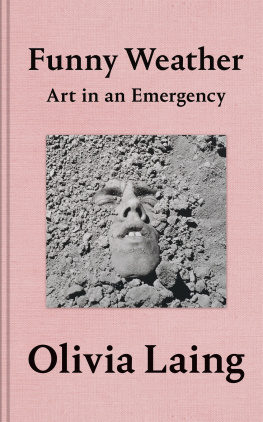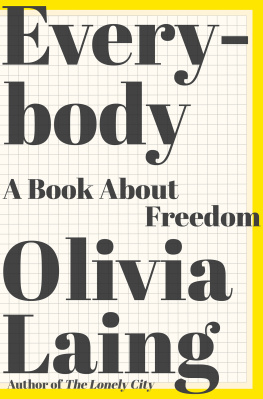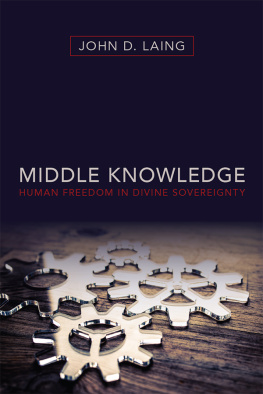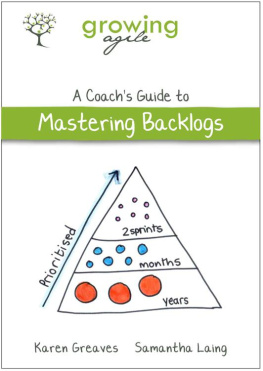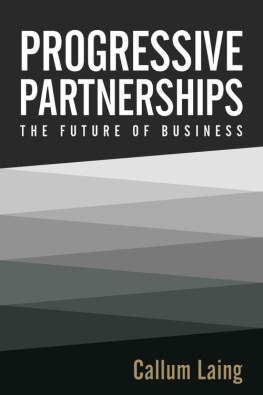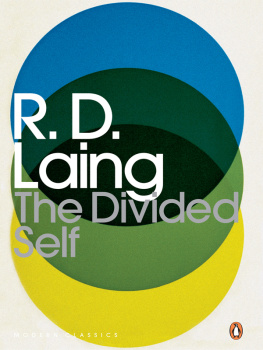PENGUIN BOOKS
THE POLITICS OF EXPERIENCE
AND
THE BIRD OF PARADISE
R. D. Laing, one of the best-known psychiatrists of modern times, was born in Glasgow in 1927 and graduated from Glasgow University as a doctor of medicine. In the 1960s he developed the argument that there may be a benefit in allowing acute mental and emotional turmoil in depth to go on and have its way, and that the outcome of such turmoil could have a positive value. He was the first to put such a stand to the test by establishing, with others, residences where persons could live and be free to let happen what will when the acute psychosis is given free rein, or where, at the very least, they receive no treatment they do not want. This work with the Philadelphia Association since 1964, together with his focus on disturbed and disturbing types of interaction in institutions, groups and families, has been both influential and continually controversial.
R. D. Laings writings range from books on social theory to verse, as well as numerous articles and reviews in scientific journals and the popular press. His publications are: The Divided Self, Self and Others, Interpersonal Perception (with H. Phillipson and A. Robin Lee), Reason and Violence (introduced by Jean-Paul Sartre), Sanity, Madness and the Family (with A. Esterson), The Politics of Experience and The Bird of Paradise, Knots, The Politics of the Family, The Facts of Life, Do You Love Me?, Conversations with Children, Sonnets, The Voice of Experience and Wisdom, Madness and Folly.
R. D. Laing died in 1989. Anthony Clare, writing in the Guardian, said of him: His major achievement was that he dragged the isolated and neglected inner world of the severely psychotic individual out of the back ward of the large gloomy mental hospital and on to the front pages of influential newspapers, journals and literary magazines Everyone in contemporary psychiatry owes something to R. D. Laing.
R . D . LAING
The Politics of Experience
and
The Bird of Paradise

PENGUIN BOOKS
PENGUIN BOOKS
Published by the Penguin Group
Penguin Books Ltd, 80 Strand, London WC2R 0RL, England
Penguin Putnam Inc., 375 Hudson Street, New York, New York 10014, USA
Penguin Books Australia Ltd, Ringwood, Victoria, Australia
Penguin Books Canada Ltd, 10 Alcorn Avenue, Toronto, Ontario, Canada M4V 3B2
Penguin Books India (P) Ltd, 11, Community Centre, Panchsheel Park, New Delhi 110 017, India
Penguin Books (NZ) Ltd, Private Bag 102902, NSMC, Auckland, New Zealand
Penguin Books (South Africa) (Pty) Ltd, 5 Watkins Street, Denver Ext 4, Johannesburg 2094, South Africa
Penguin Books Ltd, Registered Office: 80 Strand, London WC2R 0RL, England
Published in Penguin Books 1967
Reprinted in Pelican Books 1984
Reprinted in Penguin Books 1990
Copyright R. D. Laing, 1967
All rights reserved
Except in the United States of America, this book is sold subject to the condition that it shall not, by way of trade or otherwise, be lent, re-sold, hired out, or otherwise circulated without the publishers prior consent in any form of binding or cover other than that in which it is published and without a similar condition including this condition being imposed on the subsequent purchaser
ISBN: 978-0-14-194174-5
For my children
Contents
Acknowledgements
This book has been written over the past three years. Earlier versions of parts of it were published, or given as lectures, as follows:
This is a revised version of a speech to the Sixth International Congress of Psychotherapy, London, 1964, entitled Practice and Theory: The Present Situation. Reprinted in Psychother. Psychosom., 13: 5867 (1965).
Part of is a revised version of a lecture given at the Institute of Contemporary Arts, London, 1964. Reprinted as Violence and Love in the Journ. of Existentialism, Volume 5, Number 20 (1965) and as Massacre of the Innocents in Peace News, Number 1491 (1965).
Part of is a revised version of Series and Nexus in the Family which appeared in New Left Review, 15 (1962).
Earlier versions of this chapter have appeared as: What is Schizophrenia?, speech to the First International Congress of Social Psychiatry, London, 1964; What is Schizophrenia? New Left Review, 28:63 (1964); Is Schizophrenia a Disease? Int. Journ. Soc. Psy., Volume X, Number 3, 1964.
This is based on a paper delivered to the First International Congress of Social Psychiatry, London, 1964, entitled Transcendental Experience in Relation to Religion and Psychosis. Reprinted in Psychedelic Review, No. 6, 1965.
This is a revised version of an article entitled A Ten-Day Voyage which appeared in Views, Number 8 (1965).
Introduction
F EW books today are forgivable. Black on the canvas, silence on the screen, an empty white sheet of paper, are perhaps feasible. There is little conjunction of truth and social reality. Around us are pseudo-events, to which we adjust with a false consciousness adapted to see these events as true and real, and even as beautiful. In the society of men the truth resides now less in what things are than in what they are not. Our social realities are so ugly if seen in the light of exiled truth, and beauty is almost no longer possible if it is not a lie.
What is to be done? We who are still half alive, living in the often fibrillating heartland of a senescent capitalism can we do more than reflect the decay around and within us? Can we do more than sing our sad and bitter songs of disillusion and defeat?
The requirement of the present, the failure of the past, is the same: to provide a thoroughly self-conscious and self-critical human account of man.
No one can begin to think, feel or act now except from the starting-point of his or her own alienation. We shall examine some of its forms in the following pages.
We are all murderers and prostitutes no matter to what culture, society, class, nation one belongs, no matter how normal, moral or mature one takes oneself to be.
Humanity is estranged from its authentic possibilities. This basic vision prevents us from taking any unequivocal However, what is required is more than a passionate outcry of outraged humanity.
Our alienation goes to the roots. The realization of this is the essential springboard for any serious reflection on any aspect of present inter-human life. Viewed from different perspectives, construed in different ways and expressed in different idioms, this realization unites men as diverse as Marx, Kierkegaard, Nietzsche, Freud, Heidegger, Tillich and Sartre.
We are bemused and crazed creatures, strangers to our true selves, to one another, and to the spiritual and material world mad, even, from an ideal standpoint we can glimpse but not adopt.
We are born into a world where alienation awaits us. We are potentially men, but are in an alienated state, and this state is not simply a natural system. Alienation as our present destiny is achieved only by outrageous violence perpetrated by human beings on human beings.
It may be that dialectical theory finds its present truth in its own hopelessness. See Herbert Marcuse, One-Dimensional Man (London: Routledge & Kegan Paul, 1964). This is not my view.
For a scholarly analysis of alienation in sociological and clinical senses, see Joseph Gabel, La Fausse Conscience (Paris: Les ditions de Minuit, 1962). See also Michel Foucault, Madness and Civilisation (New York: Pantheon Books, 1965; London: Tavistock Publications, 1966).


